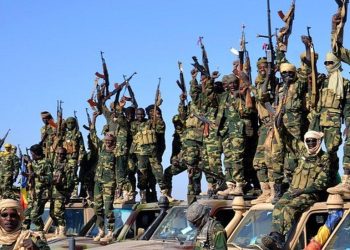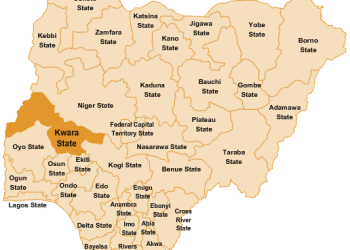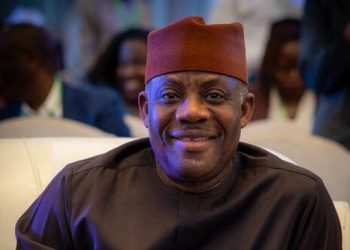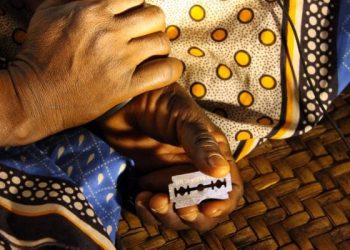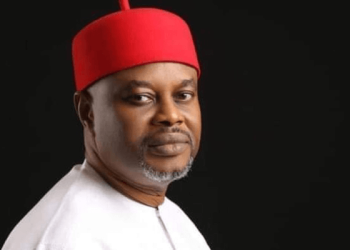Journalism is a risky profession; its practitioners can sometimes appear as an endangered species. In this deadly calling, over 100 journalists were killed in 2015 worldwide. In its latest report, which covered January to December 28, 2015, Reporters WithoutBorders, a France-based NGO devoted to the safety of media workers, said, “49 journalists were murdered (or knowingly targeted), 43 eliminated for unclear reasons, and 18 killed in the course of their work,” making a total of 110 (in 2015). The number of casualties is too high for just one year. It calls for new thinking on how to make the profession safer.
In a bizarre departure from 2014, in which two-thirds of the 66 deaths of journalists occurred in war zones, most of the deaths last year were in countries relatively at peace. The past year, deemed the most fatal for the profession in recent memory, opened with the killing of 10 journalists and (two other) workers at Paris-based weekly cartoon magazine – Charlie Hebdo – on January 7. A Yemeni branch of Al-Qaeda, a terror group, claimed responsibility for the attacks.
Equally pernicious was the attack in Virginia, in the United States, in August 2015, in which a disgruntled gunman staged an attack on his former colleagues during a live TV interview. Vester Lee Flanagan, who had been sacked by WDBJ7, ended up shooting dead two reporters – Alison Parker, 24 and Adam Ward, 27. He also wounded the interviewee, Vicki Gardner. It took some bewildered TV viewers and the anchor in the studio some minutes to comprehend the live tragedy.
In all, 27 citizen-journalists and seven media workers, two of them women, were killed in 2015, said the RWB report. It named the deadliest places for journalists in 2015 as Iraq, where 11 were killed, Syria (10), Mexico and Yemen (eight each) and South Sudan, Philippines and Honduras (seven each). India recorded the death of nine journalists. The killings are ill-omened. Figures compiled by RWB indicate that “at least 787 journalists have been killed in connection with their work since 2005.” US-based Committee to Protect Journalists estimates that 1,175 journalists have been killed since 1992.
Two major modes of attacks have been established. First, non-state actors like terrorist groups such as the Islamic State, al-Qaeda and al-Shabab, and drug cartels target, harass, intimidate and ultimately assassinate journalists in the course of their work. The Charlie Hebdokillings typify this. This form is rife in Mexico, Syria, India, Yemen, Honduras and Mosul (Iraq), which is controlled by ISIS. In August 2014, ISIS agents staged a video beheading of a US reporter, James Foley, who had been captured in the line of duty in 2012. The video also appeared to show missing journalist, Steven Sotloff. Journalists were arrested, detained and killed in Turkey and Kazakhstan in 2015. The CPJ says 199 journalists were imprisoned in 2015 and 456 have been exiled since 2008 for their work.
Nigeria experienced this horrific type in 2012 when Lagos-basedChannels TV reporter, Enenche Akogwu, was targeted and killed in 2012 by Boko Haram agents during the coordinated attacks on Kano, North-West Nigeria. This was long after the parcel bomb that killed Newswatchmagazine co-founder Dele Giwa in 1986, and Bagauda Kaltho ofTheNews in 1996 in Kaduna at the height of the mayhem that followed the annulment of the June 12 (1993) presidential election. Till date, the agents fingered for the deaths are still at large. United Nations Secretary-General, Ban Ki-moon, said, “I am deeply concerned about the failure to reduce the frequency and scale of targeted violence that journalists face and the near absolute impunity for such crimes.”
Repressive governments, which are afraid of the openness that journalism evinces, clamp down on journalists and free speech. Mentioned in this category are several countries in Latin America, Africa, Eastern Europe and Asia. Harsh defamation laws targeted against journalists are in operation lately in Peru, Cuba and Brazil, says the CPJ. In Argentina, the wife of a reporter who denounced drug trafficking was raped. Indonesia operates harsh laws against journalists as well.
Troubling new anti-media laws are in the works in Tanzania and Nigeria, where the Senate launched an anti-social media law that prescribes tough conditions and jail terms for practitioners. The Frivolous Petitions Bill 2015, which has passed the Second Reading in the Senate, prescribes a two-year jail term or a fine of N2 million (or both) for offenders. AVanguard journalist, Emmanuel Ebeleke, was beaten up by prison officials outside an Abuja court last November for “daring” to take photographs of suspects.
Bloggers were detained and maltreated by the police without trial in Lagos and nearby Ogun State in 2015. A journalist, Femi Owolabi, was among the 33 people the Nigeria Police arrested and tortured at a nightclub in November. The state and its actors routinely trample on the rights of journalists and media houses, as witnessed in June 2014 when the military seized newspapers and impounded circulation vans across Nigeria. Besides, several Nigerian journalists like Abayomi Ogundeji, Godwin Agbroko, Omololu Falobi, Tunde Oladepo and Bayo Ohu have been killed in strange circumstances. Ethiopia arrested two journalists in 2015, while editors are routinely detained in Sierra Leone; editors face the death penalty in Sudan. Indonesia fares no better. China often delays visa renewal for critical journalists. These attacks undermine the profession, which though plays a critical role in a society.
To curb the violence against journalists, media organisations have to define the zones where their reporters operate. For those who cover war and brutal criminal gangs, their organisations need to provide insurance cover in the event of injuries or death. But governments also have big roles to play. They have to ensure that non-state actors who attack journalists are swiftly brought to justice, do away with repressive anti-media laws, be committed to open society and design fresh initiatives for journalists to safely carry out their noble duties.

